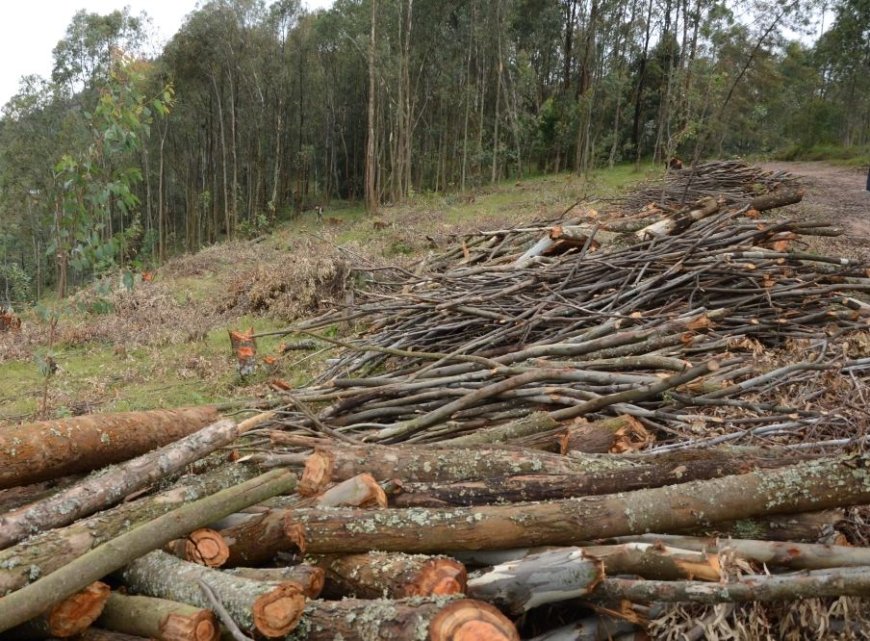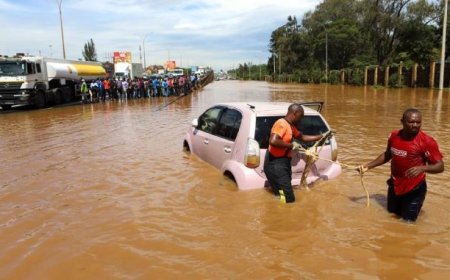The parliament passed a new bill banning the harvest of immature trees

The new forest bill passed by the chamber of parliament on March 25 will prohibit Rwandans from cutting immature trees without approval from the Ministry of Environment. This includes harvesting, using, and selling the immature trees, referred to as poles, except for particular reasons.
As per the bill, 'pole' is interpreted as an immature tree with a diameter of less than 20 cm measured at 1.30 cm from the ground. However, the bill did not provide any guidance on what would happen when some trees fail to reach such trunk width due to factors such as soil type or nutrient deficiency.
Under the existing law, residents are not required to have a license to harvest forests that are less than two hectares. However, the new bill mandates that residents need to have a permit before being eligible to harvest any tree.
According to Parliament, the new bill aims to protect the environment and prevent climate change effects. It will replace the 2013 law governing the management and utilization of forests.
The Ministry of Environment has stated that the new bill aims to support Rwanda's efforts to leverage opportunities such as forest carbon emission trading through legislation. The draft law broadens the scope of application to include the management of trees. It adds the dimension of tree planting, agroforestry, and planting trees along rivers, lakes, roads, and urban settlement areas.
The government's explanatory note states that the new bill aligns with Rwanda's ambition to have 70% of its population live in cities in 2050. This requires planting more trees for greenery in cities, agroforestry, and along roads, lakes, and rivers.
The note also highlights that the construction sector's growth has led to the cutting of immature trees for construction, which destroys forests.
Rwanda has committed to international agreements such as the Bonn Challenge to restore two million hectares and the Paris Agreement on climate change (...). The explanatory note of the bill states that there is a need for a legal tool to implement these commitments.
The Bonn Challenge aims to restore 350 million hectares of degraded and deforested landscapes by 2030.
 Kinyarwanda
Kinyarwanda
 English
English






























